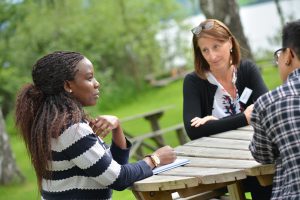
The International Summer School at the University of Oslo is gathering hundreds of students from all over the world. Some of them came to the Nansen Center for Peace and Dialogue, to learn the art of asking questions and to understand how to manage conflicts through dialogue.
Why learn about dialogue? The students at the International Summer School have a variety of reasons and motivations, says Chro Borhan, coordinator for the Nansen Dialogue Summer School.
-Some of the participants want to be a change agent in their home communities and use dialogue as a tool for positive change. Some of them want to learn a tool that can be used in political work, others are seeking to further their academic achievement. To improve relationships in your personal life is also a common reason, Borhan says.
One of the 28 participants was Moses Ray Ogwang, who works as Assistant District Health Officer in Uganda.
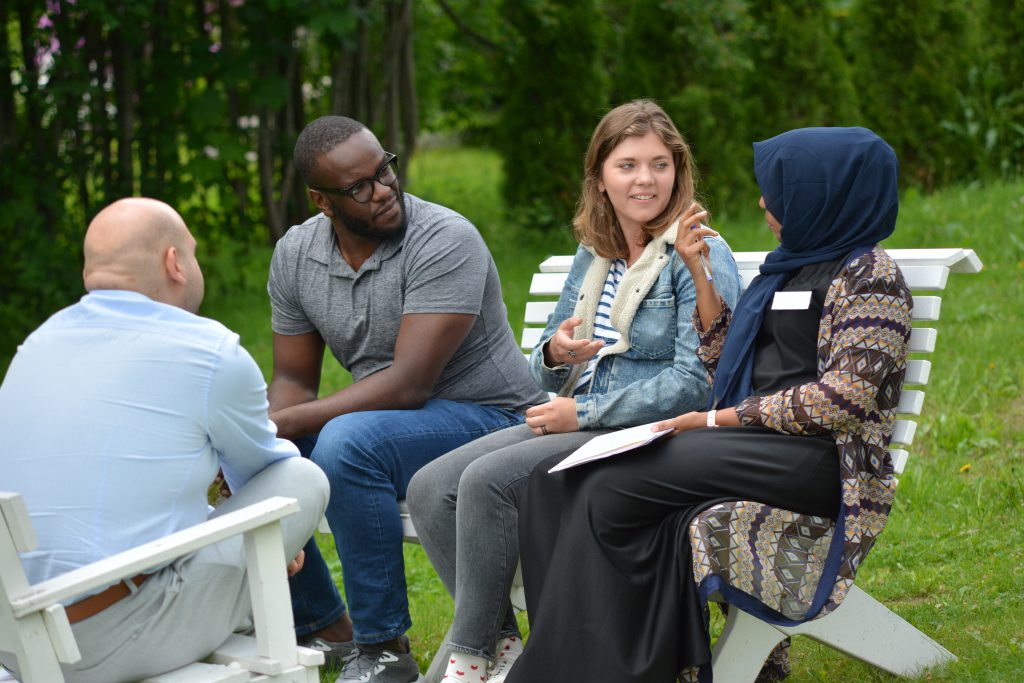
Understand first
-This training will help me to become a better leader. Skills and knowledge in dialogue is very important and can make a big difference. It is a way to find and agree on the best solutions, Ogwang says.
-We see that big disagreements can make health programs fail. And when we fail, people suffer. When I go back home, I will promote dialogue in my team, Ogwang continues.
Encouraging listening skills is among the outcomes he will bring back to his work environment.
-First we need to understand the position of each other, and this has to come before I can say that my position is the right one. We need to understand before we can say what has to be done, Ogwang explains.
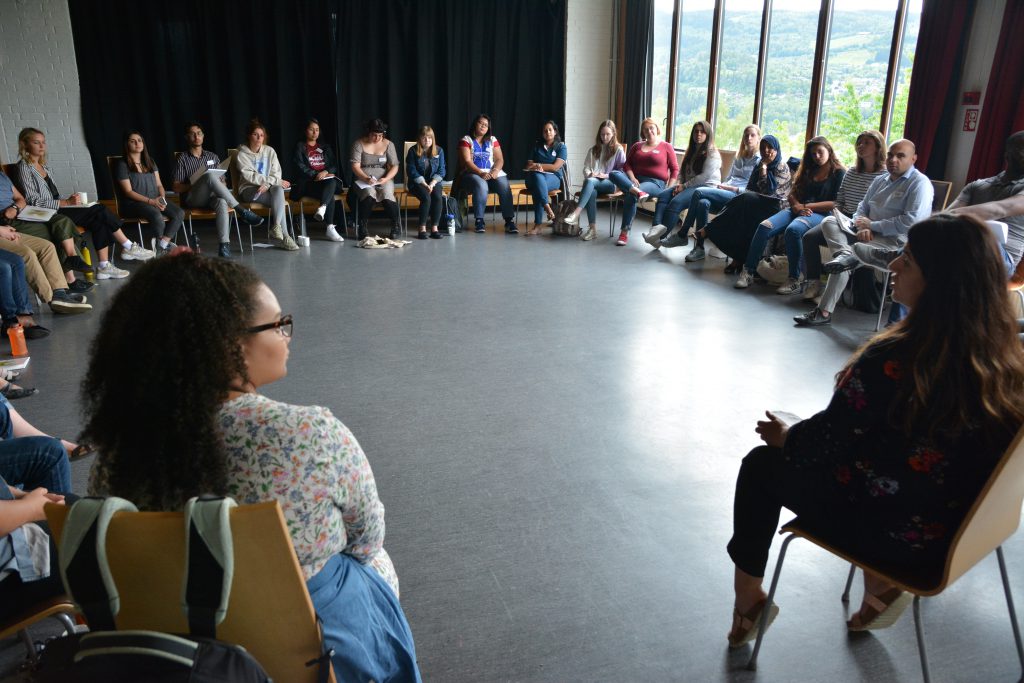
Listen and move forward
The daylight is filling the entrance room of the Nansen peace center, where Yodunika Seneviratne from Sri Lanka is talking with some new friends.
-I feel fortunate being here, she says.
Seneviratne works as an assistant lecturer at the University of Colombo, Department of International Relations, in Sri Lanka, where she gives lectures on peace studies.
-Many conflicts occur due to miscommunication or breakdown in the communication of the parties of the conflict. Dialogue is essential to move forward, she says.
-Through the knowledge of dialogue we can make a change. These tools can create a better environment in the communities, she continues.
Seneviratne tells us that the seminar at the Nansen peace center opened her eyes in several ways, for example how to be a better listener.
-Dialogue helps create an environment for understanding and listening, and in this way we can make more vice decisions. This seminar has helped me to better see the emotions and feelings of others, and I believe this helps resolving conflicts, she says.
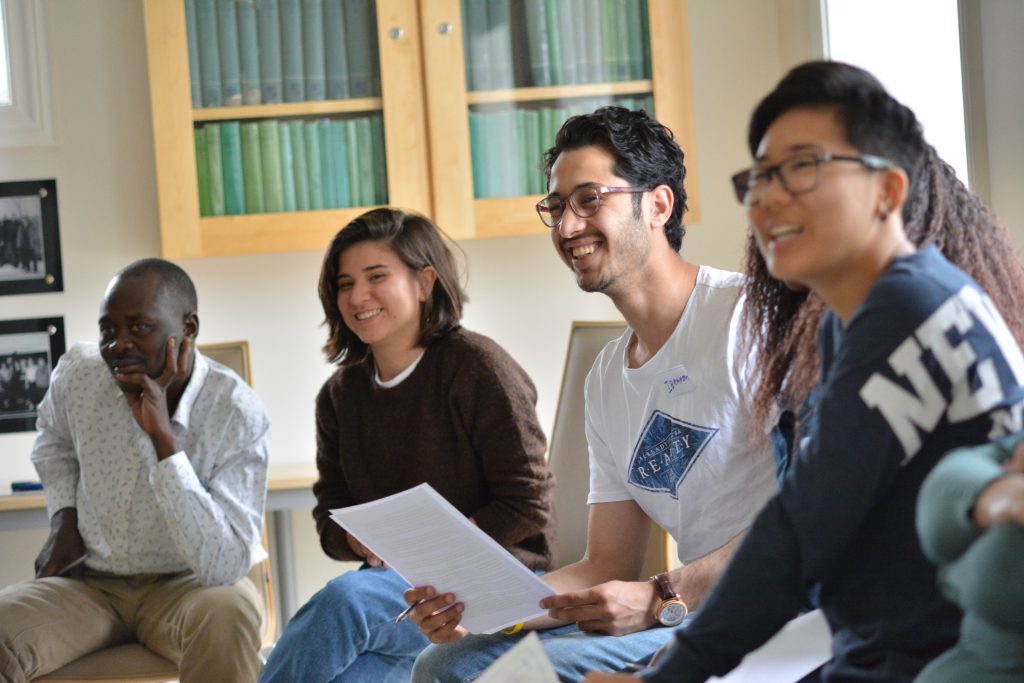
Dialogue for better health programs
Just beside her sits Seinn Seinn Min from Myanmar, who works for Doctors Without Borders.
-We have learned how to think about the other in different perspectives. Not defending our positions, but opening up to understand the other, she says, just before the bell rings to bring all participants back to the auditorium.
A session in analysis, sympathy and empathy is on the agenda. Earlier the same day the students were introduced to the method for conflict mapping.
“I realized the challenges of our differences when I started working for the displaced ethnic groups along the Thai-Myanmar border”, Min writes in her own blog post on peace.no.
-After this seminar I will go to Pakistan on duty for Doctors Without Borders. I believe that these dialogue methods will be very useful, she says, and excuses herself for having to go back to the learning sessions.
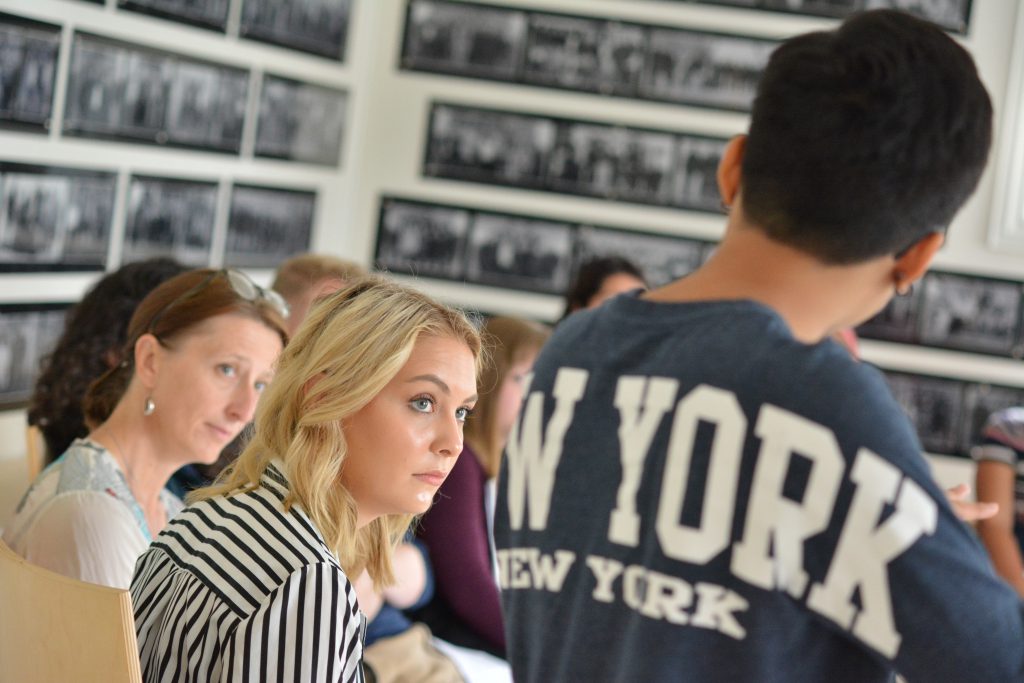
Dialogue for better leaders
Upstairs, Moses Ray Ogwang sits down to explain more about how he wants to use dialogue at his work as a leader in the health sector. His work responsibilities are areas like planning and budgets. He often sees a challenge in health related interests between the politicians, the technical staff and the community. In some cases, those tensions are leading to conflicts.
-With the tools of dialogue we will increase our chances to agree and create a strong common voice. If we argue, we are weak, Ogwang says.
Finding a common solution after listening to everybody’s opinion increases the chances for health programs to succeed. And when everyone is being listened to and included, there are less chances for someone to reject the agreements made.
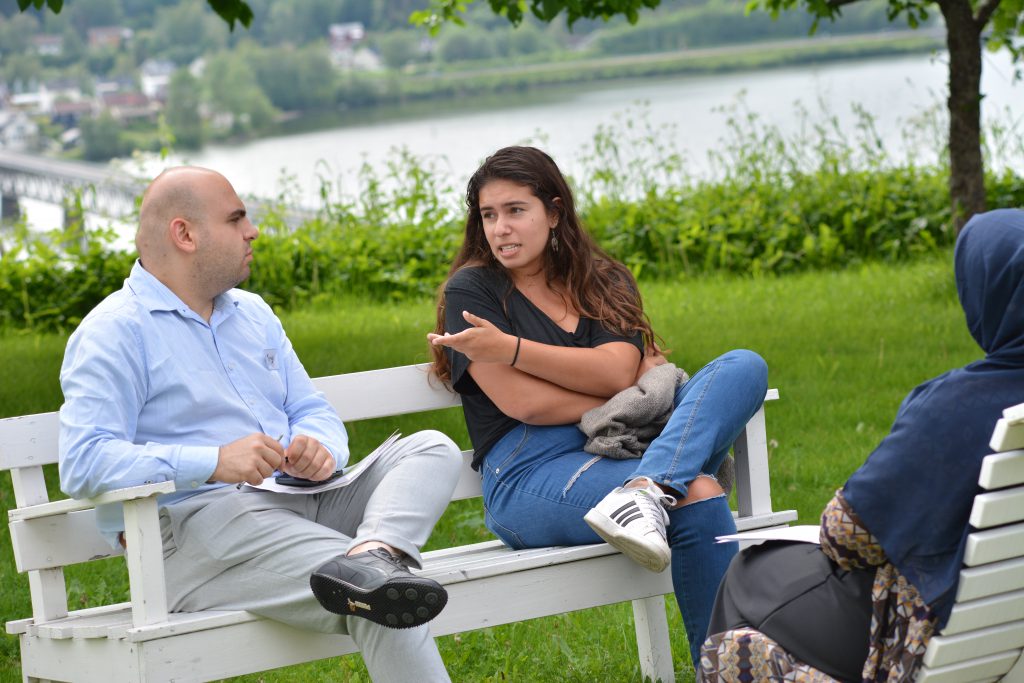
The gold of diversity
Diversity and the opinions of others can feel like a threat before making decisions. An eye opener for Ogwang has been to put focus on the positive sides of diversity.
-It is very easy to fight an opinion that is different from your own, often because you do not understand where the others opinion is coming from. But different opinions can also be appreciated, as a perspective of great value, he concludes.
-I have now learned models that we can use for decision making, like conflict mapping. And I have learned tools to prevent conflicts to rise, he says.
Moses Ray Ogwang takes a break in talking, and looks up and somewhere in the air.
-If we just continue fighting, when will it stop? With dialogue, I believe that the world can move forward, he says.
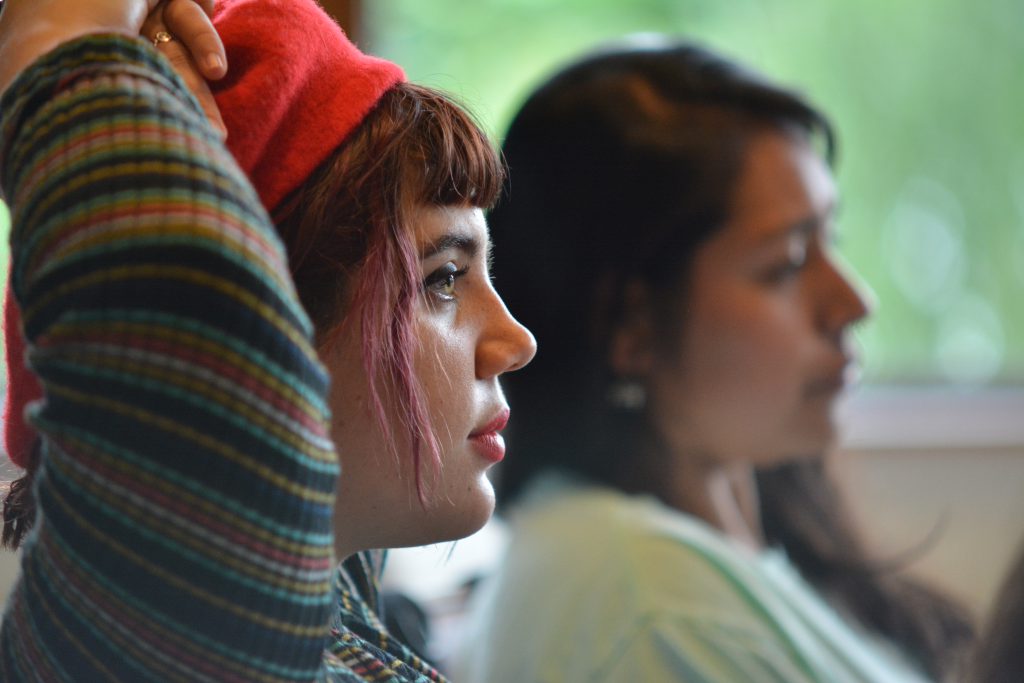
Amplifying effect
The tools of dialogue are often being picked up by others, when someone in a group is practicing it. This is one of the experiences Borhan has from working with other groups.
-In this way, training a few people in the techniques of dialogue, can have an effect on a greater number of people. The consciousness around how we relate to each other and around asking questions, and in depth listening to others point of view, can easily be increased, she says.
Or as ISS at the University of Oslo has posted on their Facebook site: “We hope our Dialogue students can bring the spirit and skills of the Nansen Center to the ISS and inspire all our students to practice international dialogue”
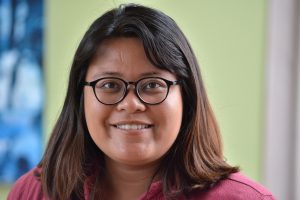
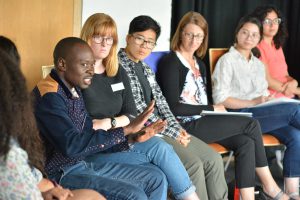
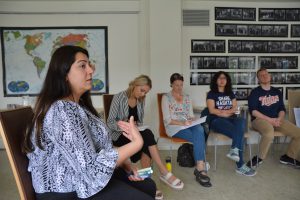
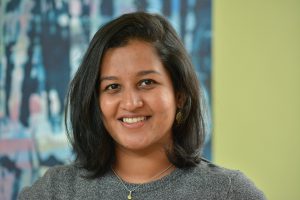
Would you like to read more? Kristen Hansen wrote this recently on the Peace Scholars web site: “the thing that will impact my life and my work the most were the lessons of intentionality that I learned during my week at the Nansen Dialogue center”.
The International Summer School (ISS) at the University of Oslo has roots back to 1947. It is a learning community of diverse students who come together to study, interact and increase understanding and good will between nations.
The Nansen Dialogue Summer School (NDSS) is a cooperation between the University of Oslo, the Nansen Center for Peace and Dialogue and 7 colleges in USA. NDSS is a week with experiences in dialogue and training in conflict transformation. 28 participants (age 18-41) from 13 countries came to Lillehammer in June this year, from USA, Colombia, Kenya, Uganda, Myanmar, Yemen, Somalia, Croatia, Russia, Norway, Ukraine, Georgia and Sri Lanka. NDSS was coordinated by Chro Borhan, Christiane Seehausen and Anita Rapp-Ødegaard.
Text and photo: Kai Eldøy Nygaard
Published: June 3rd 2019